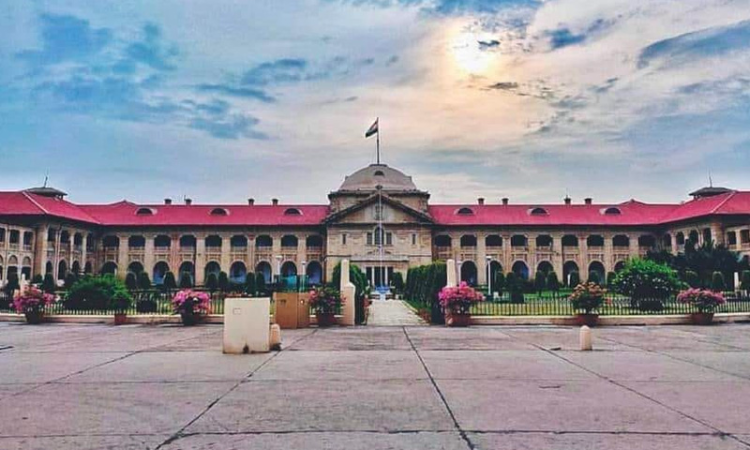Allahabad High Court Imposes Rs.5 Lakh Cost On State For Harassing Widow By Illegally Acquiring Her Land In 1998
Upasna Agrawal
7 Nov 2023 1:00 PM IST

Next Story
7 Nov 2023 1:00 PM IST
The Allahabad High Court has imposed a cost of Rs.5 Lacs on the UP government for illegal acquisition of land of a widow in 1998. The cost was imposed on grounds that the widow has been harassed and made to run from pillar to post for getting compensation for the illegal possession of her land by State Public Works Department.While holding that no person can be dispossessed of his/ her...
